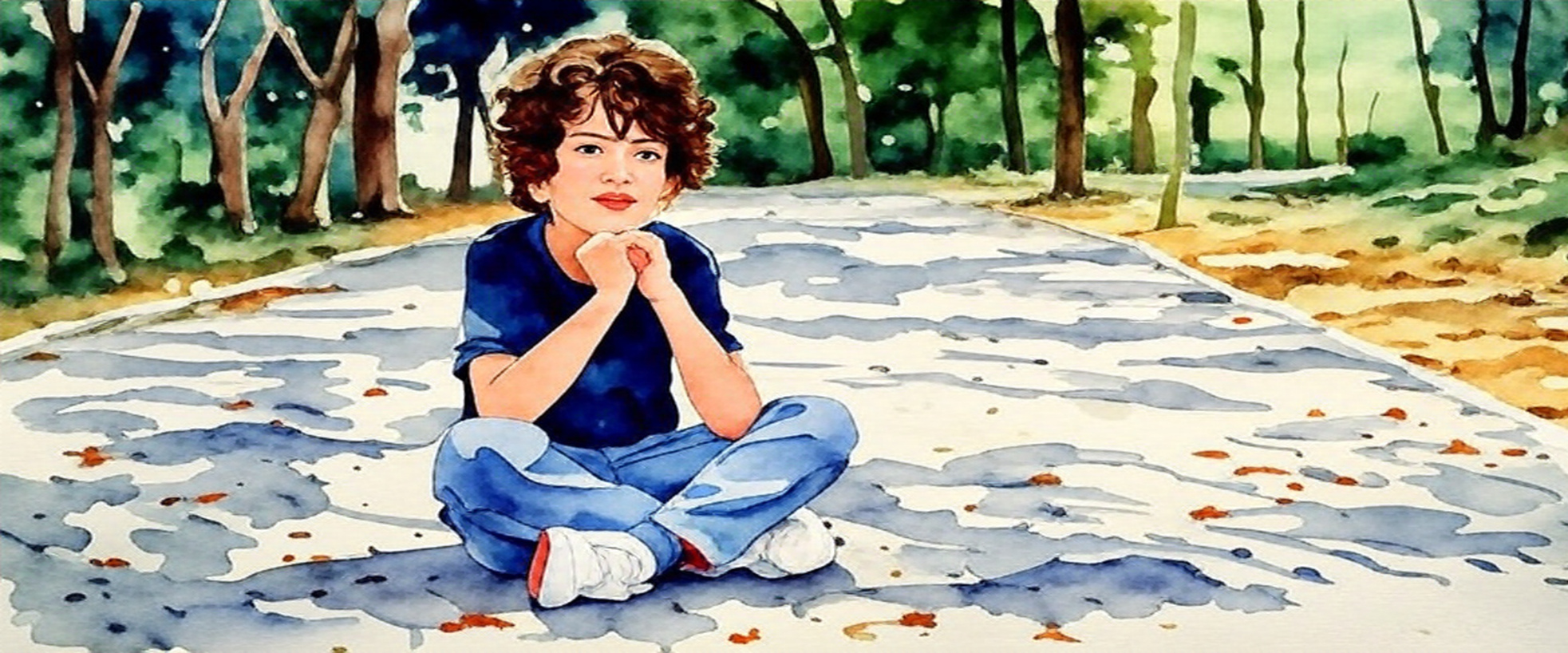“A person who knows their freedom is conditional isn’t really free, even if their freedom is never revoked.”
– Aaron Stupple
This is the entirety of my book:
“By now, it is hard for us even to conceive of the kind of relentless, finely tuned oppression required to reliably extinguish, in everyone, the aspiration to progress and replace it with dread and revulsion at any novel behavior.”
– David Deutsch
in John Brockman, 2019, Possible Minds, Chapter 11: Beyond Reward and Punishment
It is hard to conceive that this oppression is still hard at work today, just not as all-consumingly as in the ancient past.
It is still at work every time we try to “get” a kid to do something such that they turn out a certain way.
Every time we try to get them to eat this and not that, do math for a few minutes and not that, play outside in nature instead of stare at a screen.
The common form of argument here is that “I’m all in favor of more freedom and autonomy, except….” True, in the ancient past it was all “except” and there was no push toward any amount of freedom and autonomy.
We’re essentially halfway there. We’ve realized that SOME freedom is good for kids. We haven’t realized that TOTAL freedom is not just best, but it is the only morally appropriate stance.
Many confusions that keep us halfway there:
1- Freedom means neglect. Untrue. We can and should help free loved ones, and we do this all the time with adults in our lives. The more you help someone, by their own lights, the more free they become.
2- Adult obligations of safety and growth justify adult control. Untrue, for the same reason as above. If someone depends on you, you can still support their autonomy while also providing for them. Imagine an injured adult sibling who you take in during their recovery, do you have to suddenly become their master and controller?
Every time we force kids to do/eat/say/read/look at this and not that in order that they turn out alright, we turn their “aspiration to progress and replace it with dread and revulsion”.
My goal is to never give my kids that feeling of dread and revulsion when they are pursuing what they want, even over the smallest of stakes such as an Oreo cookie or an algorithmic YouTube video.
The stakes only ever seem small, because at the heart of everything a person does freely is the sense that they deserve it, they are their own person, the author of their own lives, free, and fully encouraged, to explore and discover by their own lights.
They don’t earn it. Freedom isn’t a privilege that is turned on and off according to someone else’s criteria.
A person who knows their freedom is conditional isn’t really free, even if their freedom is never revoked. They know that some desires, interests, ideas, hypotheses shouldn’t be pursued, should be self-censored, are worthy of oppression.
Even babies begin to learn language, they can certainly learn how freedom works and embed self-policing and insecurity as permanent personality traits, blunting their sense of the validity and importance of discovery well into adulthood.
Every little thing matters. From cookies to bed times, freedom is always the goal, and exploring the space of possible solutions that preserve freedom while also satisfying the adult’s worries is a moral imperative, for our own kids and for the progress of civilization.
See also:
- Why epistemology matters for parents
- The scar theory of parenting
- Unschooling is not the same as non-coercive education
Aaron Stupple, 2025, ‘From oppression to freedom’, https://takingchildrenseriously.com/
